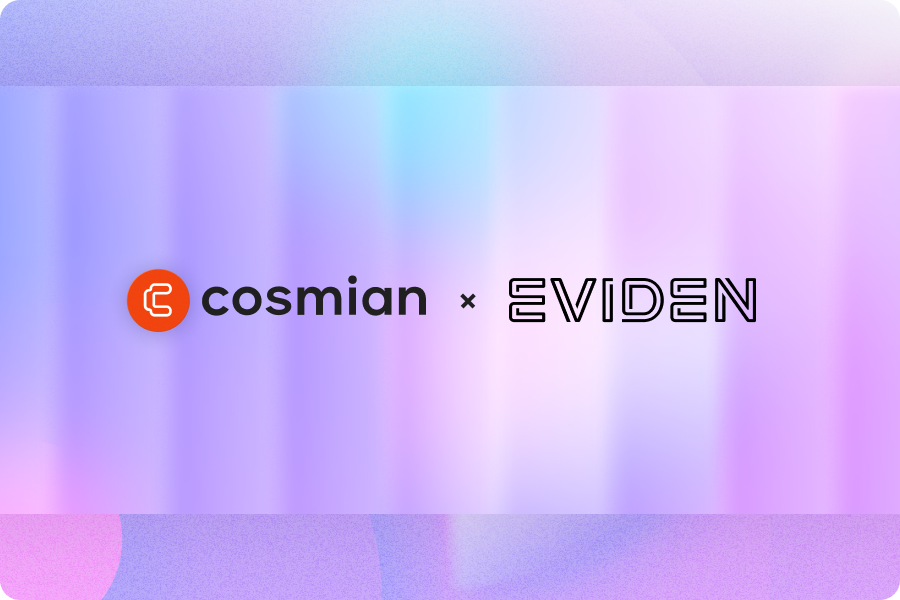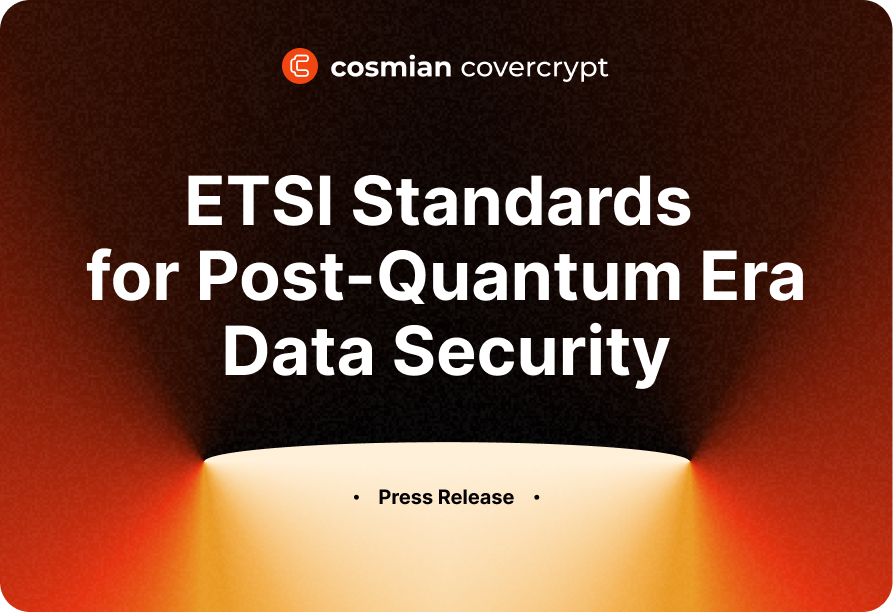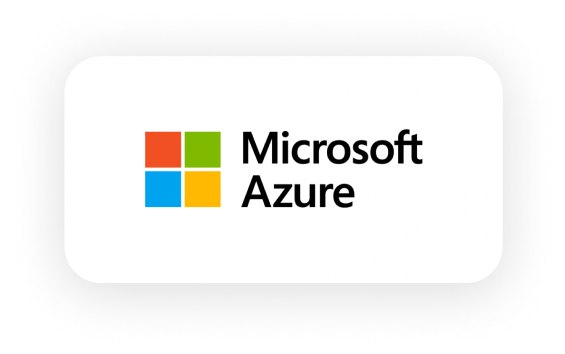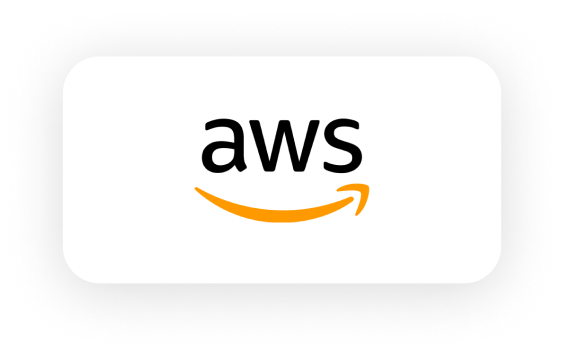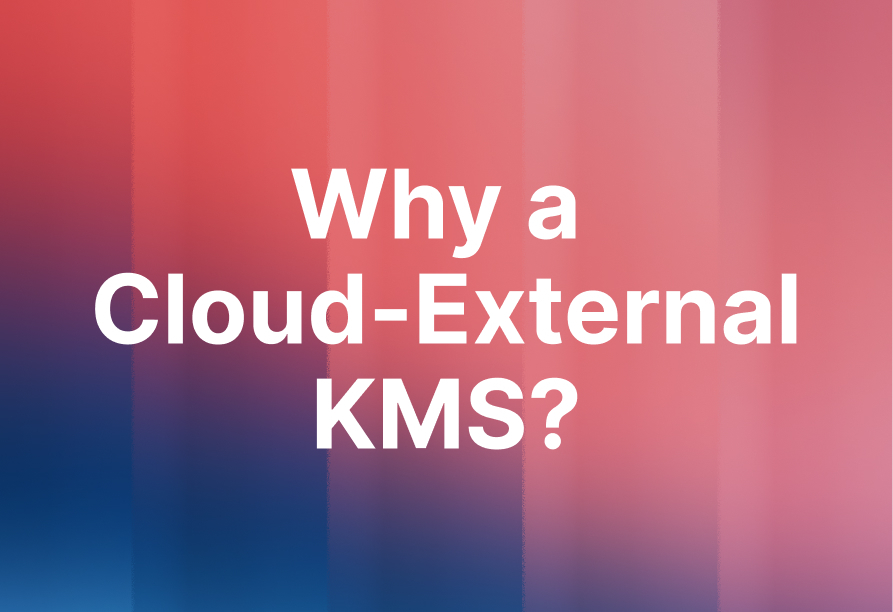
Why use a Cloud-External Key Management System (KMS)?
The Importance of a Cloud-External Key Management System (KMS)
While larger corporations have swiftly integrated KMS into their infrastructure, the need for small and medium-sized businesses (SMBs) to incorporate these systems into their IT stack has become increasingly evident. Implementing a robust Cloud-External KMS is a proactive step for SMBs, protecting against potential data breaches, ensuring compliance with regulations, and bolstering their overall cybersecurity posture.
Cloud-managed Key Management Services solutions present an accessible avenue for companies seeking swift implementation and management of encryption keys. However, the ease of access can often be akin to leaving the keys under the doormat. While convenient, entrusting cloud providers with key management may inadvertently compromise security, as centralized control over encryption keys poses inherent risks. It’s akin to granting access to a vault but leaving the master key within reach, potentially exposing sensitive data to unauthorized access or breaches.
In this article, we’ll explore the top five reasons why a Cloud-External Key Management System is indispensable for businesses of all sizes, serving as a bedrock for fortifying data security and compliance measures.
1. Enhanced Security
2. Multi-Cloud Strategy Enablement
3. Vendor Locking Mitigation
4. Greater Control Over Keys
5. Compliance, Regulatory Adherence, and Auditability
Conclusion
Start securing your data today
We’re with you every step of the way as your trusted partner in encryption.
Complete the form below to book a demo and one of our experts will be in touch.
Our latest news
Cosmian & Eviden
Cosmian and Eviden join forces to offer a sovereign encryption key management solution.by Cosmian | April 1,...
Cosmian covercrypt: ETSI Standardization
Cosmian covercrypt achieves ETSI standardization for data protection in the post-quantum era.by Cosmian |...
Cosmian Announces Strategic Partnership with Utimaco
Cosmian Announces Strategic Partnership with Utimaco to Deliver Best-in-Class Security Through...
